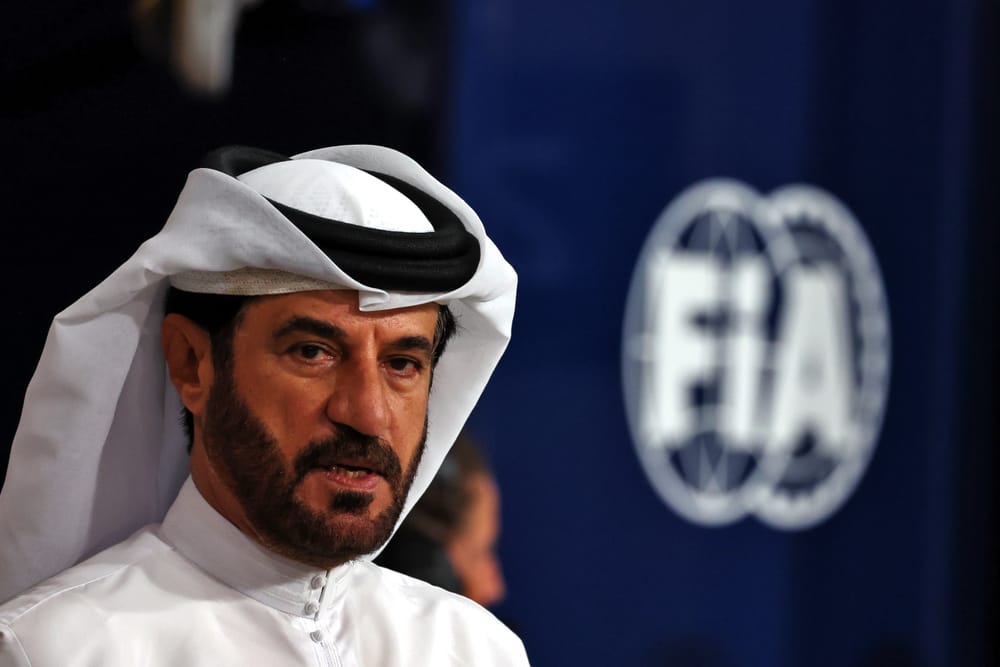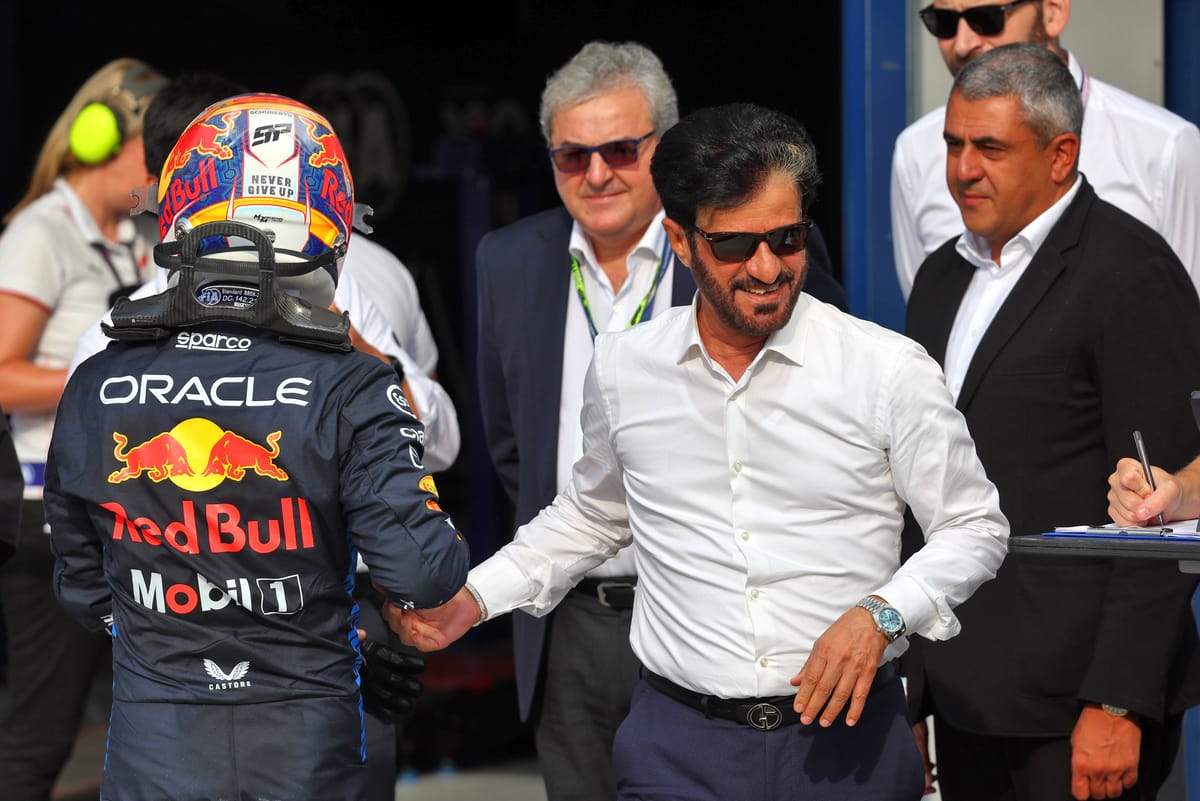Up Next

Opponents of a controversial FIA proposal that would limit the effectiveness of its auditing and ethics committees hope those voting on the matter next week will realise it is “not good governance”.
The FIA General Assembly will vote on revisions to its statutes at its next meeting on December 13 that include changes that would restrict the remit of the ethics and audit committees and reduce the responsibilities of the compliance officer.
These changes, first reported by the BBC and verified by The Race’s sources, would effectively restrain the systems created to hold everybody within the FIA to account.
This includes FIA president Mohammed Ben Sulayem, who was cleared by the ethics committee earlier this year after reports from former compliance officer Paolo Basarri and has been subjected to scrutiny by the audit committee as well.

David Richards, chairman of the UK’s national authority Motorsport UK, told The Race: “Hopefully people will realise that this is not the right direction to take, and that we need to make sure that the FIA upholds the very best of sporting governance in the world."
WHAT’S BEEN PROPOSED?
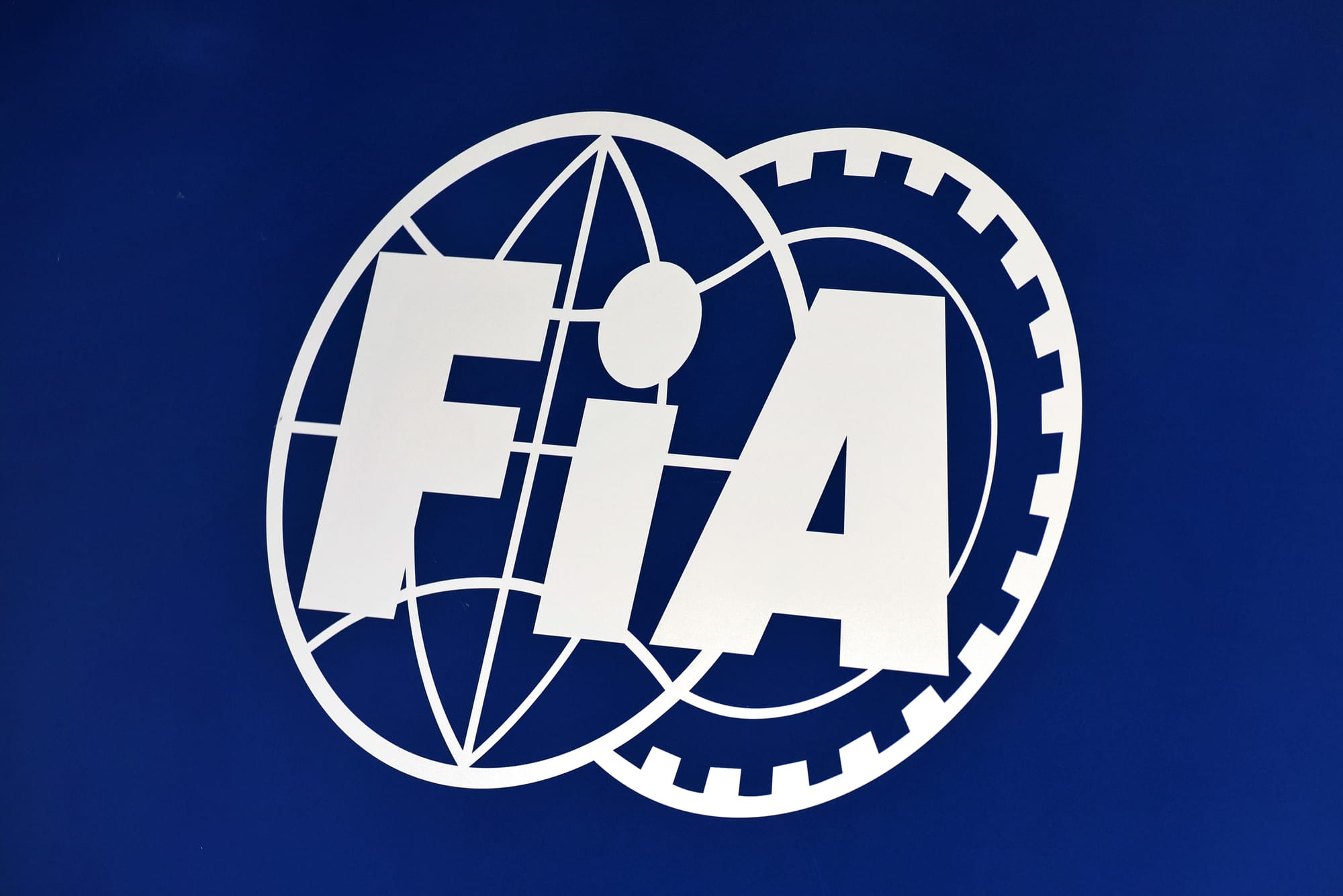
As reported by the BBC, the revisions include requiring the ethics committee to only "carry out an initial assessment to determine whether an in-depth investigation is necessary".
The president of the senate (a role currently occupied by Carmelo Sanz De Barros, a member of Ben Sulayem's four-person leadership team) may then, based on that report, decide to take further action – removing the power to investigate from the committee itself.
The audit committee would no longer investigate financial issues independently, or any matter unless asked by the president of the senate, and would instead review the FIA’s accounting methods and the internal procedures around them.
It would also no longer be required to be involved in “the closing of the FIA's accounts, the supervision of FIA financial issues and budgets”, while the responsibility would instead be on “the president of the senate to "consult" the committee if he/she deems it necessary”, according to the BBC.
The compliance officer would no longer report to either the ethics or audit committee. They would lose their power to "investigate any suspected irregularities" or any irregularities concerning the FIA president or any other person on his or her team.
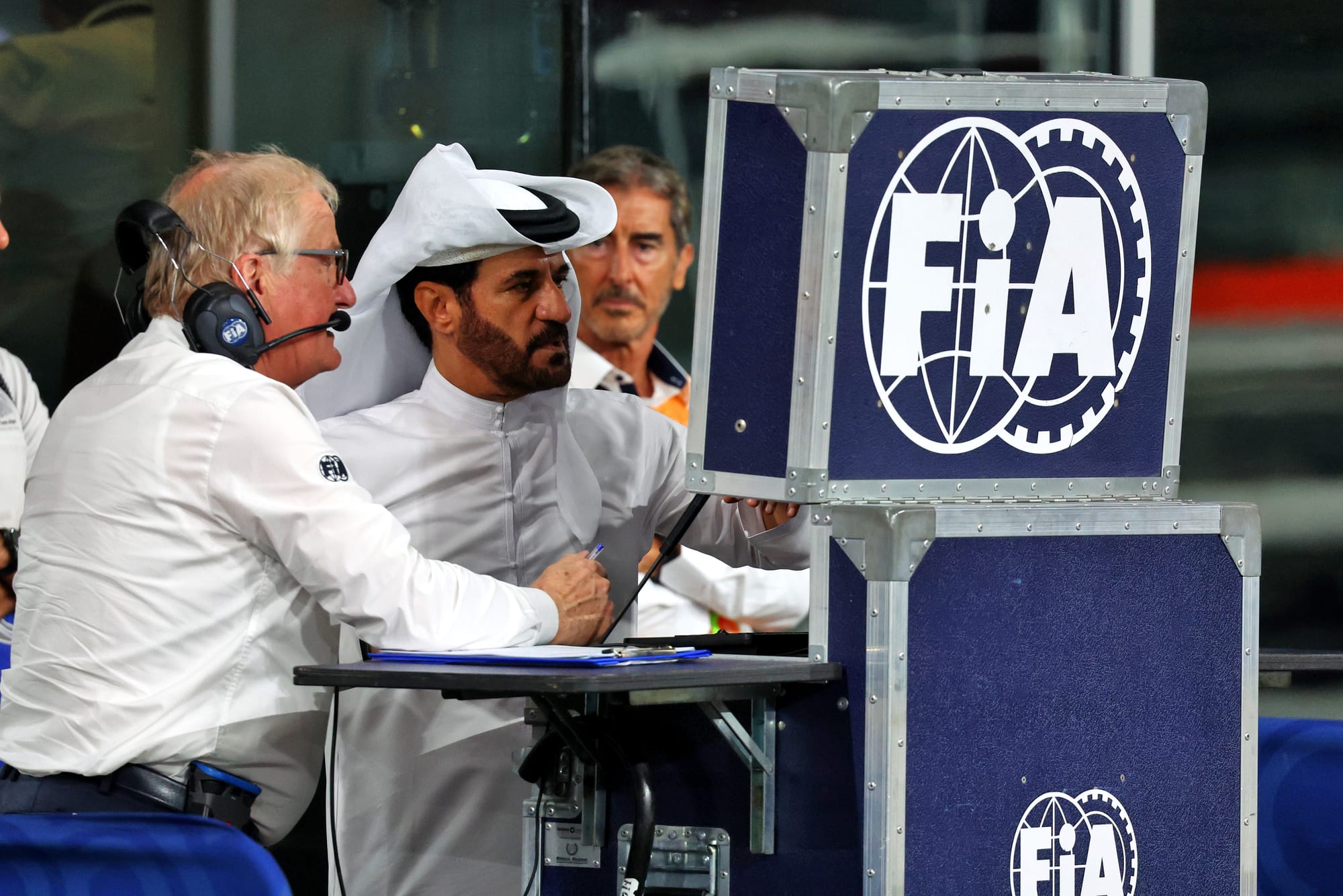
If either the FIA president or the president of the senate did end up subject to an investigation by the ethics committee, the report would be submitted to the other.
The FIA has declined to comment until the matter has gone before the General Assembly, which is its supreme decision-making body, is chaired by the president, and comprises the automobile and touring clubs and national sporting authorities representing FIA member organisations.
CONSEQUENCES ‘NOT FULLY UNDERSTOOD’
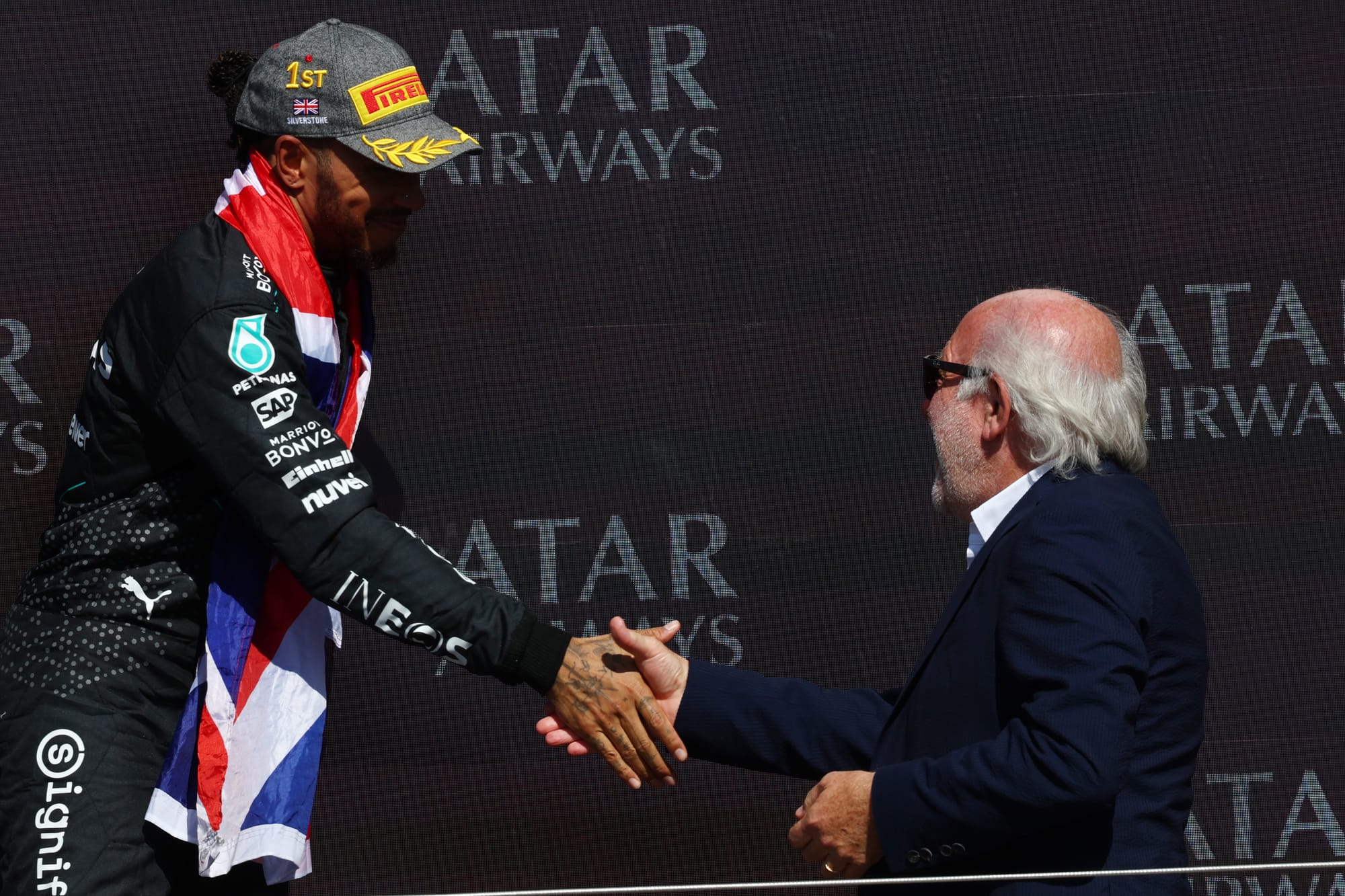
A 50%-plus-one vote in favour would mean the changes come into effect on January 1. Several sources including senior figures within the FIA and Formula 1 have expressed their concerns over the proposals to The Race.
Richards, ex-BAR F1 team boss and the UK's representative on the World Motor Sport Council, said: “The audit committee, in my view, should be completely independent and be able to investigate any issue it wishes within the FIA.
“The statute change that's being proposed will stop that, and that's not good governance."
“I'm hopeful that that will be the case.”

The FIA’s two World Councils – the World Motor Sport Council and World Council for Automobile Mobility and Tourism – had to agree to put the proposal through to the General Assembly vote.
Sources have told The Race that the way the changes are written, and how it was presented to the WMSC, make it hard to understand the whole meaning, and that this may have assisted its passage to the General Assembly vote.
Those who believe the changes should not be made to the statutes hope that the representatives of the FIA member organisations who will vote on Friday do so knowing exactly what it includes.
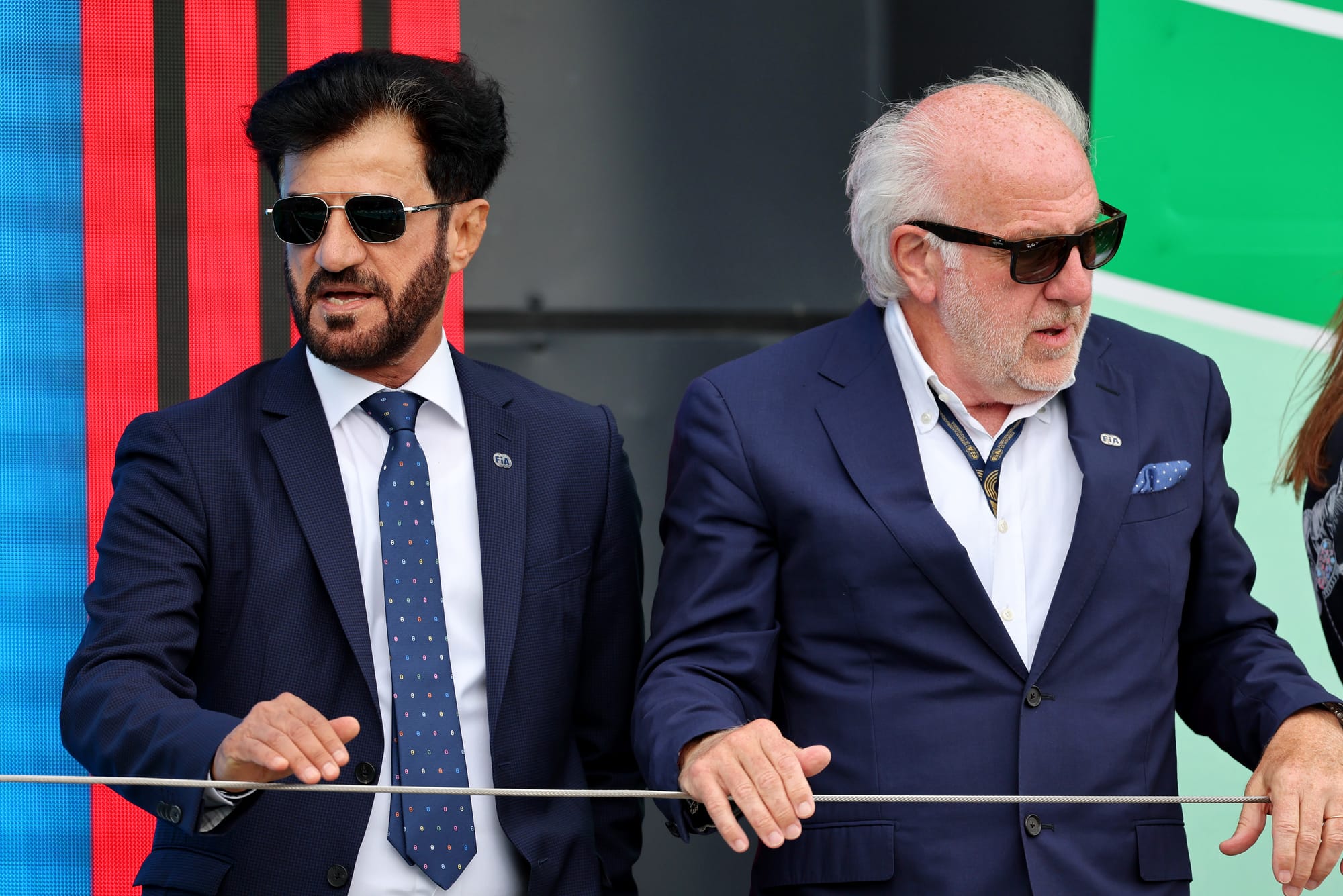
Richards said: “I'm hopeful that it's just an oversight, and people have not fully understood the consequences of this, and we can correct it before it changes.”
The FIA has declined to comment when asked for a response to Richard's view.
Richards has also told the BBC that he is “concerned that major organisations around the world would refuse to work with the FIA if it did not reflect the highest standards of corporate governance as befits our sport”.
ANOTHER CONTROVERSY

News of the proposal has been received poorly in the F1 paddock at the Abu Dhabi season finale.
It furthers a feeling that Ben Sulayem’s presidency, which currently has an uneasy alliance with F1 itself after a raft of controversial incidents, is moving in a direction that F1, teams, drivers and even important people within the FIA’s F1 operations are unhappy with.
The ethics and auditing committees are recognised as important parts of a system of good governance and there are concerns about their powers being watered down after a year in which they have looked into Ben Sulayem himself.
Early-2024 investigations into the president related to whistleblower allegations that Ben Sulayem had attempted to intervene over a post-race penalty for Fernando Alonso in the 2023 Saudi Arabian Grand Prix and tried to stop the Las Vegas Strip Circuit receiving FIA homologation prior to that street track’s inaugural grand prix last November.
Basarri has since been removed from his role as compliance officer.
The auditing committee has looked into Ben Sulayem as well, regarding the funds of his private office and then a decision to put that into a $1.5million development fund for members – the suitability of which was questioned on the grounds that these members vote for him.
Two key members of that auditing committee, its head Bertrand Badre and committee member Tom Purves, have since been removed from their roles.
They are far from the only significant FIA personnel to leave or be fired over the last year or so.
That list includes former CEO Natalie Robyn, sporting director Steve Nielsen, technical director Tim Goss, stewarding chair Tim Mayer, F1 race director Niels Wittich and several others including the governance and regulatory director, the head of the women in motorsport commission, and three most senior HR staff.
INEVITABLE AFTER CRITIC CONDEMNATION?
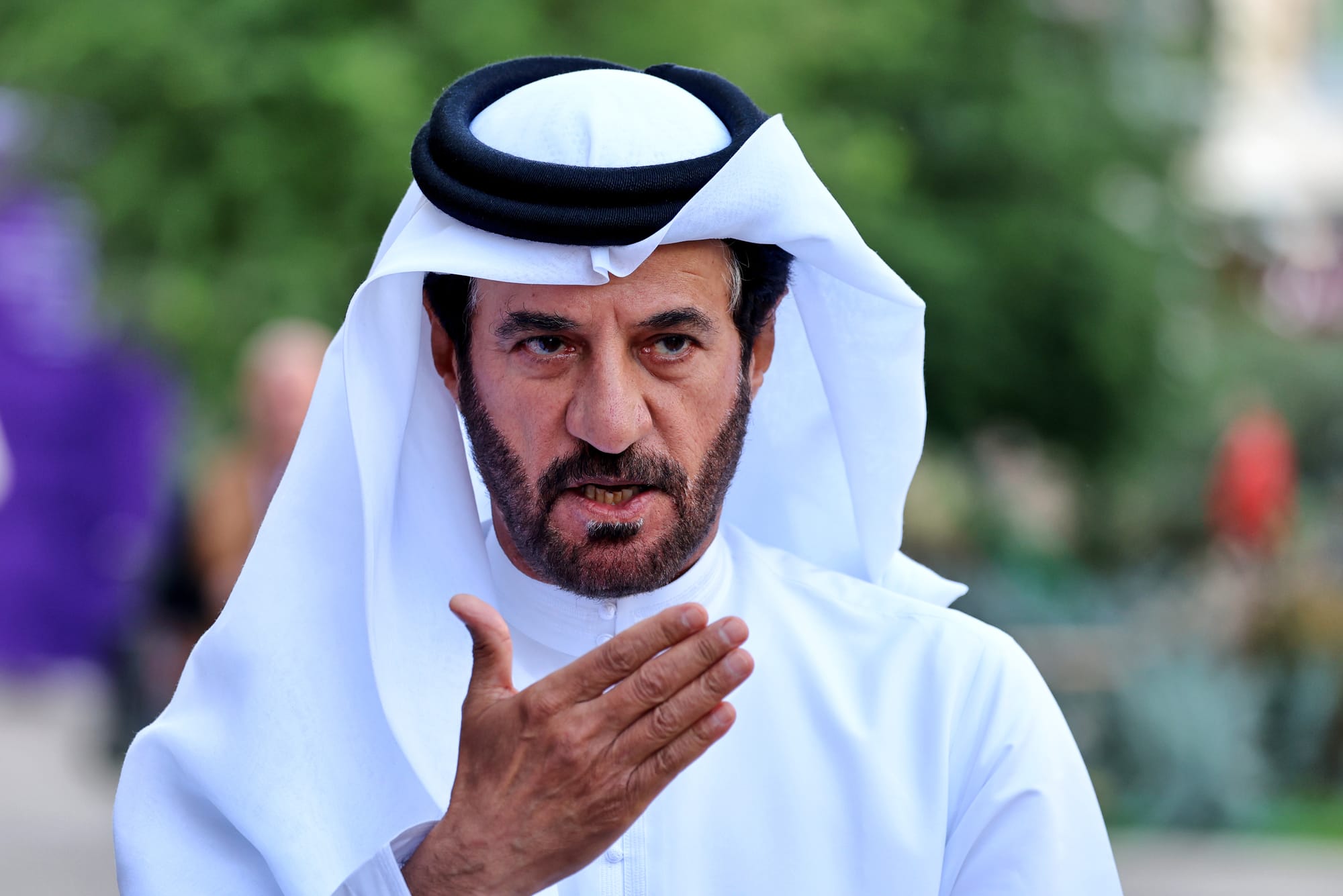
The ethics committee investigation in early 2024, and the outcome in favour of president, led to various FIA members who support Ben Sulayem to publicly issue statements in his favour and in condemnation of his critics.
They claimed that accusations “propagated by some members of the print and digital media were intended for the sole purpose of causing harm”, even though the original news articles at the time were based on the compliance officer’s report.
Ben Sulayem’s supporters also recommended “the FIA initiate legal action against those who, without cause, slander the FIA and its leadership”.
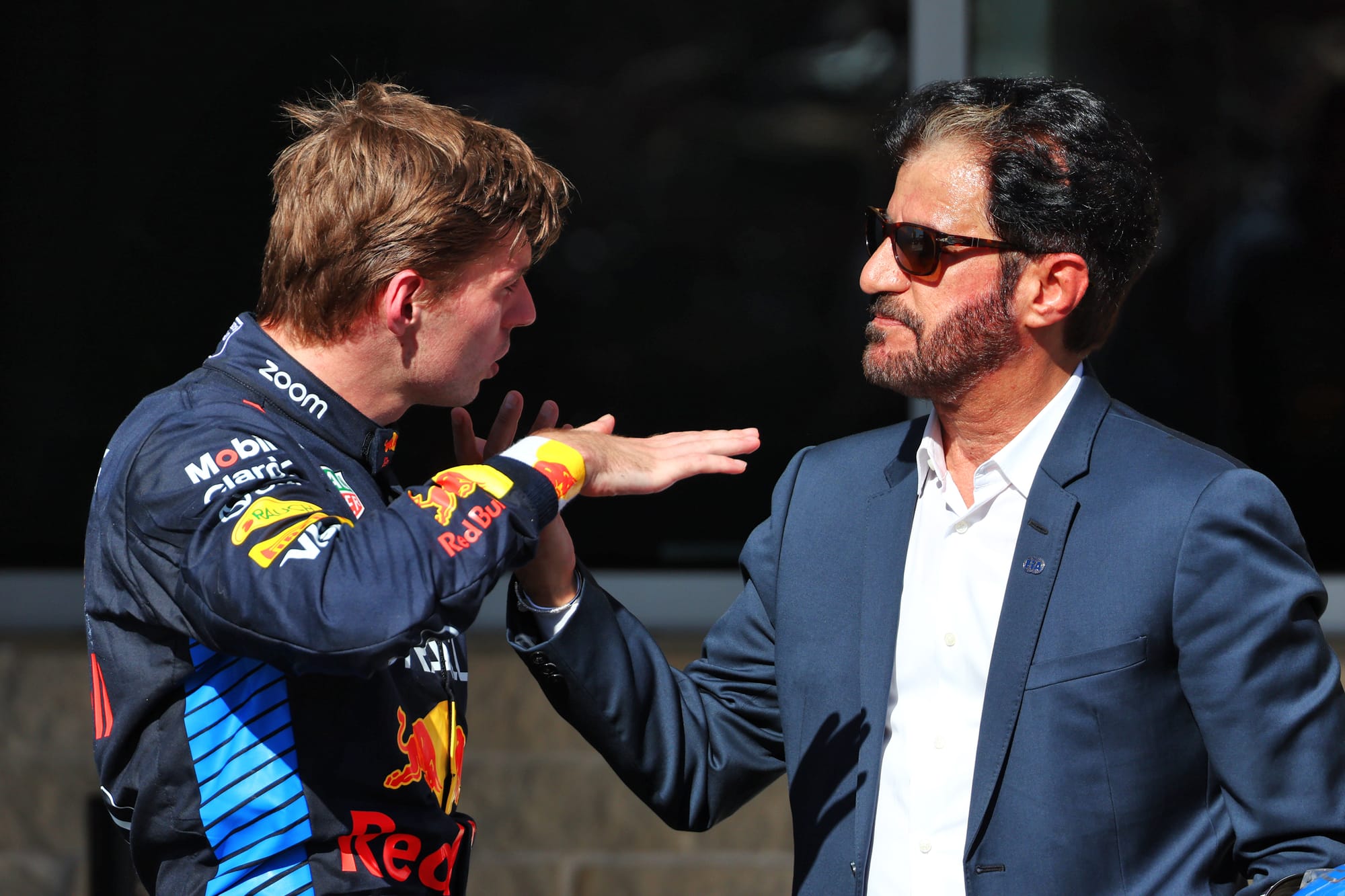
These members would be expected to vote in favour of the changes going before the General Assembly given earlier this year they were essentially criticising what they saw as abuse of the FIA’s whistleblower service, the unjustified investigation, and the reporting of it.
They also endorsed Ben Sulayem’s “progress to fulfilling his commitment to transform the FIA in an ethical and transparent manner in order to better serve its members”.
Others at the time, however, said it was simply how such a system, and the FIA’s checks and balances, are designed to operate. And the fervent response was also seen as a potential hint of paranoia and concern that the FIA president was under attack from the media and also other parties with an agenda.
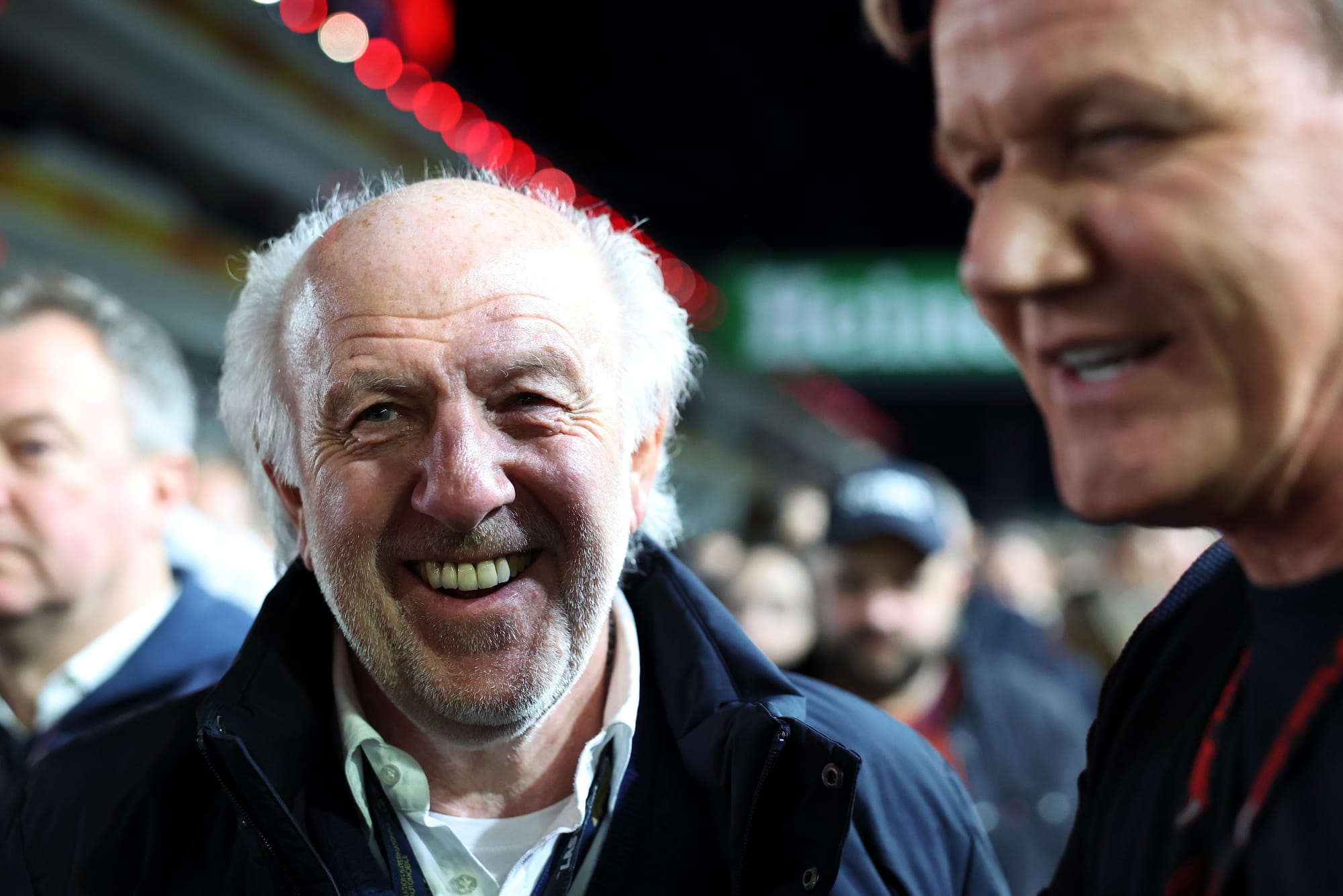
“The selection of the FIA President is enshrined in the FIA Statutes and is the sole purview of its voting members and is not impacted by those from outside the organisation who attempt, for their own self-interest, to intervene,” the members’ letters read.
This followed some concerns from 2023 about a plot to get another candidate to stand.
Richards, now 72, was linked with this – and in December 2023, the maximum age for the President of the FIA, the President of the Senate and the Deputy Presidents for Mobility & for Sport, was dropped from 75 to 70.


